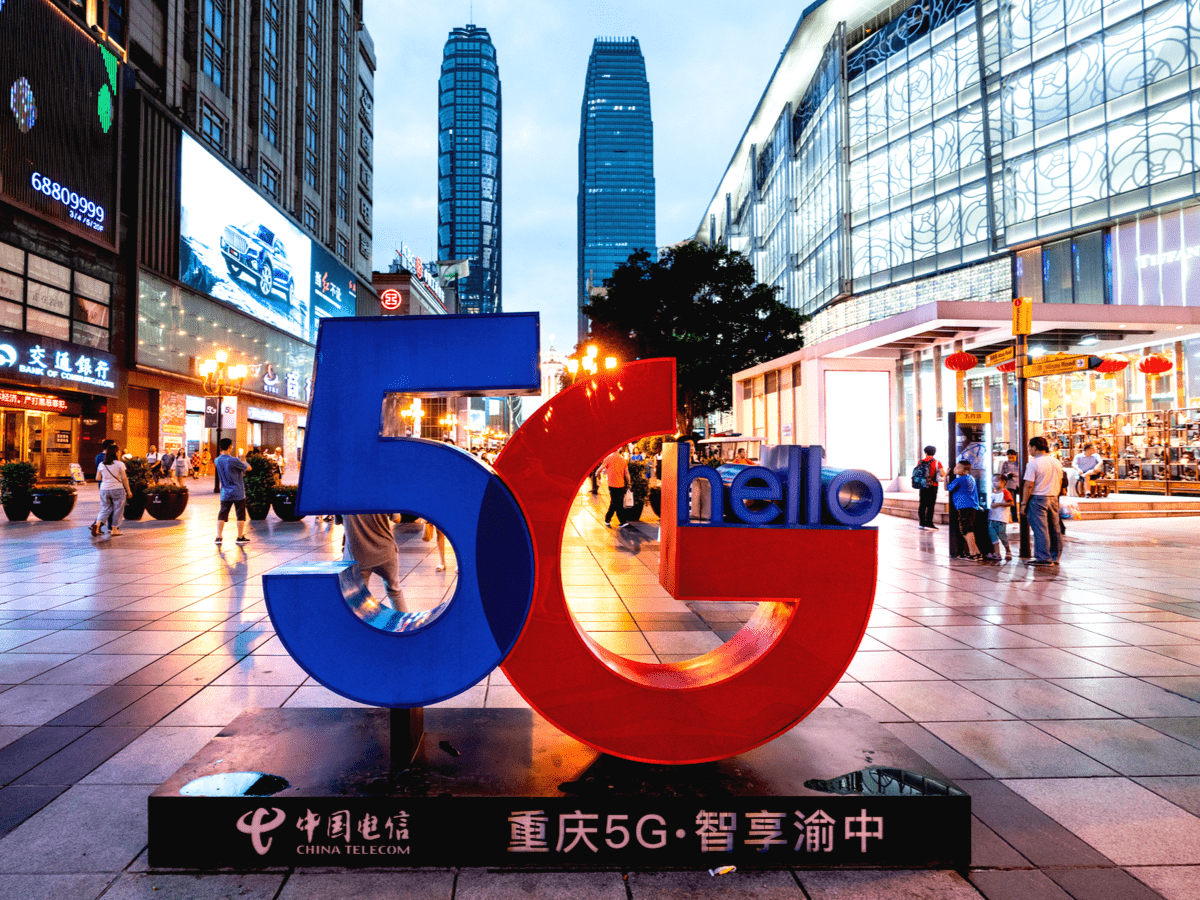As an important enabler of future growth, 5G technology is now in high demand worldwide. Dominant in this field is one single Chinese company, Huawei. And with the broad impact of 5G on future technologies like the internet of things and smart cities, the dominance became a concern, especially for top major world economies.
According to Telecom Equipment Marketing report by Dell’Oro Group, Huawei supplied 28 per cent of global telecoms equipment for four quarters from 3Q18 to 2Q19. Huawei is also leading in 5G related research, which has led to its increasing technological prowess and quality equipment at low prices.
Dominating the technology means owning the economy of the future, plus China will most likely position itself as the worldwide leader in technology and innovation as well as having the upper hand in matters of national security. However, Huawei is now drifting away from success as the US continues to persuade countries to ditch the Chinese telecoms giant for more trusted vendors.
The US war on Huawei started on May 15, 2019, when US President Donald Trump issued an executive order that gave the federal government power to ban US companies from buying foreign-made telecoms equipment deemed a national security risk. The order did not mark any company as a threat, but it was largely seen as a move against the Chinese tech giant Huawei, which some US lawmakers considered a security threat.
The recent extension of the original order until May 2021, combined with the US sanctions announced in May makes it more challenging for Huawei to access American technology.
What are the issues with Huawei 5G?
Apart from the criminal charges filed by the US Justice Department against Huawei and its chief financial officer, Meng Wanzou, the coronavirus pandemic is another reason for the strained relationships. The coronavirus outbreak in China and how they dealt with the pandemic is one of the factors leading to an increased distrust towards the Chinese government and companies. Some countries, like the US, blamed China for the outbreak, and a lot more were put off by how China responded to the criticism.
Trump government banned Huawei from US communication networks due to fears that the Chinese government can use their equipment to spy on other countries and companies. The company has repeatedly denied these claims and insisted that it would not accept to be used this way. However, China’s National Intelligence Law of 2017 is a red flag for the US, as it allows Beijing to force Chinese companies to hand over data. There are also concerns about the funding of the company by the Chinese government.
Rejection outside the US
After eliminating Huawei and its 5G technology, the US is also pressuring its allies in Europe and the Pacific region to enforce a Huawei ban as a security precaution. Members of the Five Eyes like New Zealand and Australia have followed suit, plus the UK has recently made a U-turn on their previous decision that allowed Huawei to supply 35% of the 5G equipment needed in the country.
The US had warned that their intelligence sharing and military collaboration with allies like the UK could be at risk if the UK continued with the plan – the Chinese Intelligence Law as a basis for argument. Though they did not mention Huawei, European commission also recommended EU members states to eliminate “high-risk” suppliers from their networks. Furthermore, Europe has companies that can manufacture 5G networks like Ericsson of Sweden and Nokia of Finland.
The UK just announced that they will ban their mobile providers from buying new Huawei equipment by the end of 2020 and all will have to remove the existing 5G Huawei kits from their networks within the next seven years. According to the Digital and Culture Minister, Oliver Dowden, the May sanctions by the US on the company had “significantly changed” the landscape. Bowden showed concerns that this move could trigger a Chinese backlash against the country, more so amid Brexit negotiations. But he added that the UK would be on an “irreversible path” to do away with “high-risk vendors” in 5G, including Huawei, before the next general election in 2024. Dowden also declared that the move would cost consumers up to £2bn and delay 5G roll-out by “two to three years”.
Huawei rejection is also evident in Asia as Singapore’s top three telecommunication companies declared that they would use 5G network equipment from Finland’s Nokia and Sweden’s Ericsson. The companies have already received their operating licences from Singapore’s government, though the government has said that it did not mean a rejection of the Chinese company. Vietnam’s telecoms company, Viettel, has also collaborated with Nokia and has also developed its own 5G equipment.
Local Indian reports also indicate that the country may exclude Chinese makers from its 5G trials after the recent border clashes with China. India has also banned Chinese apps like WeChat and TikTok, terming them as a “threat to sovereignty and integrity.”
Huawei shifting production
When the US barred non-US companies from supplying American technology Chipsets to Huawei without a license, the company expanded its relationships with other Chinese chip manufacturers and developers such as Semiconductor Manufacturing International Corporation (SMIC), MediaTek and Unisoc. Furthermore, Huawei placed a large order with Taiwanese chip titan TSMC before the new rule. According to Jefferies analysts, this brought the company enough 5G base station chips to last until the end of 2021.
After all, Huawei supplied the majority of the network equipment for the 5G rollout in China.










 Australia
Australia China
China India
India Indonesia
Indonesia Japan
Japan Malaysia
Malaysia Philippines
Philippines Singapore
Singapore South Korea
South Korea Taiwan
Taiwan Thailand
Thailand Vietnam
Vietnam Germany
Germany Hong Kong
Hong Kong USA
USA Switzerland
Switzerland Singapore
Singapore
 United Kingdom
United Kingdom







